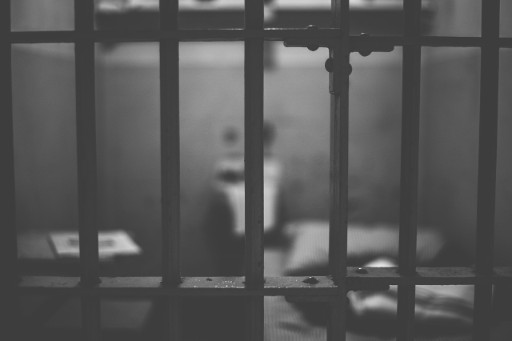 The simple answer to this question is no. No, a criminal defendant who is granted bail is not required to approach a bail bondsman to satisfy his bail. Using a bail bondsman is one of the options he has to make his bail, but it is by no means the only one.
The simple answer to this question is no. No, a criminal defendant who is granted bail is not required to approach a bail bondsman to satisfy his bail. Using a bail bondsman is one of the options he has to make his bail, but it is by no means the only one.
A criminal defendant, if he can afford it, can post bail himself through what is called a cash bond. This means that he will be paying the amount of the bail himself through the form of a cash bond, which will be held as a guarantee for his obligation to appear in court, in exchange for the court granting his release from prison. In this instance, a bail bondsman does not appear in the picture at all.
A defendant could also post bail through other people. Family, friends, or other interested persons may post bail on the defendant’s behalf. It would be similar to a cash bond, except that the amount used for a cash bond will come from a third person, not the defendant himself. An agreement of paying back the money to this third person, or surety, will need to be determined between the defendant and the surety between themselves.
And finally, a criminal defendant who is granted bail, who does not have the cash for his bail, and who does not have third parties willing to act as surety on their behalf to post their bail, can also choose to stay in jail. Making use of the services of a bail bondsman will always be an option to a criminal defendant, even if he can afford bail himself, or have third parties willing to post bail on his behalf. If he chooses to post bail through a bail bondsman, that is his choice and his prerogative.
Some of the benefits of using the services of a bail bondsman, rather than posting a cash bail or having someone else post bail for you, is that you do not lose the free disposal of the money you will use for your bail. Bail amounts are usually significant because they are designed to guarantee your appearance in court, and it is assumed that you will be interested in making sure that you will get that amount back when the case is finally disposed of. But court cases can take months or years to finish, and in the meantime, you may need the use of that money for your various expenses, including legal fees and costs as you prepare for your defense.
A person who opts to stay in jail, on the other hand, does have the prerogative to do so. However, studies have shown that people who are incarcerated before and during their trial are more likely to have a negative judgment in their case. The reason for this is simple: a person whose freedom is restricted by being detained in jail will not be able to prepare as well as he could for his defense. He will also be deprived of the support of friends and family members while in jail, which he can certainly use during such a difficult time. And last but not the least, studies show the adverse effects on an individual of being in jail. Being detained, having your freedom restricted, and the otherwise unhealthy environment in jail can have severe negative effects on a person. It is advisable, at least from a psychological point of view, for a defendant to not be detained any longer than he needs to be, at the cost of the entire experience affecting him negatively for the rest of his life.
You or your loved one needs a bail ? Find out how we can help you today.